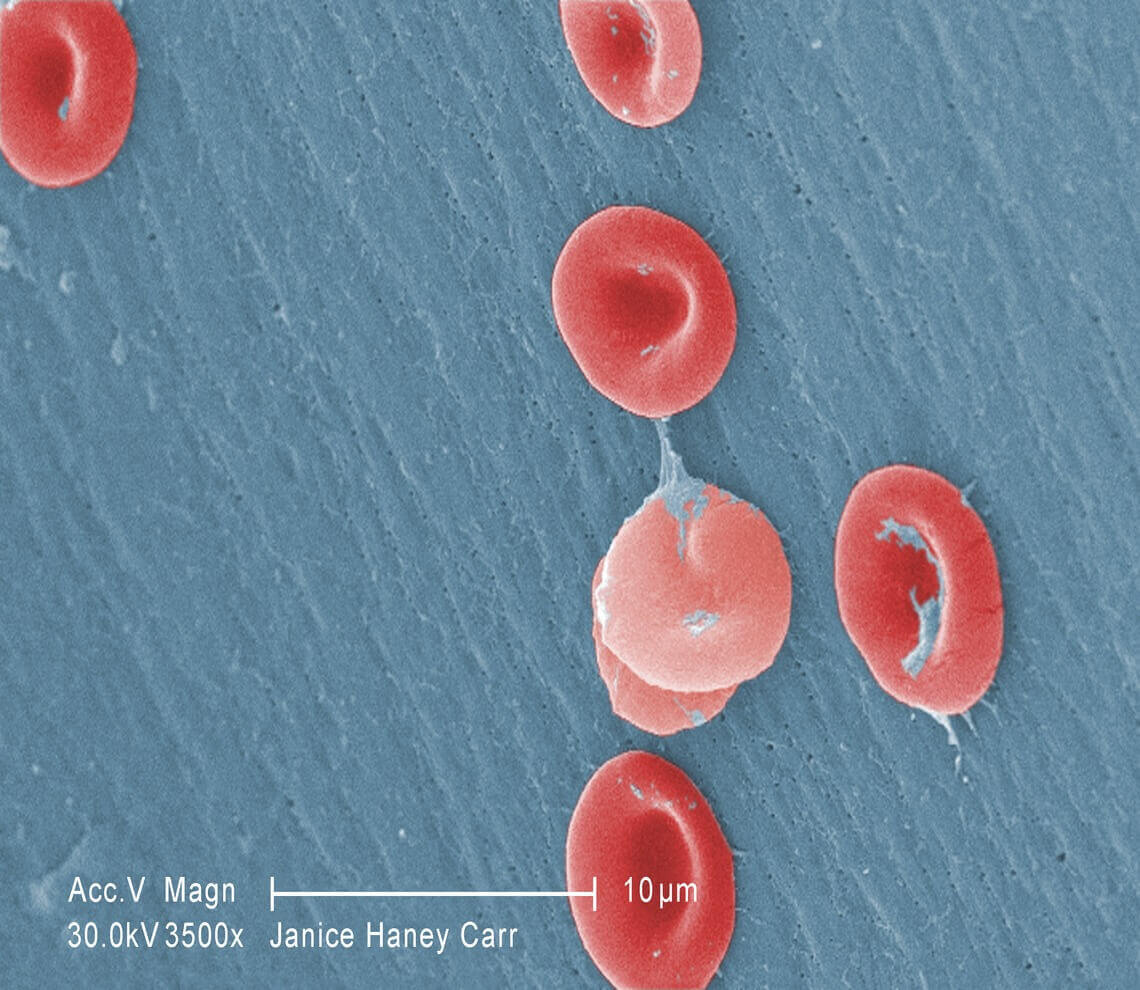- Our Suppliers
- MBS Monoclonals
- M13 phage antibody
Product short description
Price:
564 EUR
Size:
100ug
Catalog no.:
GEN833709
Product detailed description
Gene name synonims
N/A
Other gene names
N/A
Immunoglobulin isotype
IgM
Concentration
N/A
Purification method
N/A
Other names
N/A
Clone
RL-ph3
Gene name
M13 phage
French translation
anticorps
Also known as
M13 phage
Clonality
Monoclonal
Category
Antibodies
Tested applications:
Western Blot (WB)
Subcategory
Mnoclonal antibodies
Host organism
Mouse (Mus musculus)
Form/Appearance
Supplied in PBS containing 0.09% sodium azide
Properties
If you buy Antibodies supplied by MBS Monoclonals they should be stored frozen at - 24°C for long term storage and for short term at + 5°C.
Species reactivity
N/A; Due to limited knowledge and inability for testing each and every species, the reactivity of the antibody may extend to other species which are not listed hereby.
Specificity and cross-reactivity
Reacts with the major M13 filamentous phage coat protein g8p with a molecular weight of 5 kDa; Since it is not possible to test each and every species our knowledge on the corss reactivity of the antibodies is limited. This particular antibody might cross react with speacies outside of the listed ones.
Storage and shipping
Lyophilized antibodies may be transported at ambient temperature and stored for short terms at +4 degrees Celsius and at -20 for long term storage. Antibodies in liquid form can be shipped and stored for short terms at +4 degrees Celsius, for long term storage (up to one year) 25-50% glycerol or ethylene glycol has to added and the vial must be stored at -20°C.
Gene
M13 bacteriophage is a virus that infects the bacterium Escherichia coli. It is composed of a circular single-stranded DNA molecule encased in a thin flexible tube made up of about 2700 copies of a single protein called P8, the major coat protein. The ends of the tube are capped with minor coat proteins. Infection starts when the minor coat protein P3 attaches to the receptor at the tip of the F pilus of the bacterium. Infection with M13 is not lethal; however, the infection causes turbid plaques in E. coli because infected bacteria grow more slowly than the surrounding uninfected bacteria. It engages in a viral lifestyle known as a chronic infection which is neither lytic or temperate. However a decrease in the rate of cell growth is seen in the infected cells. M13 plasmids are used for many recombinant DNA processes, and the virus has also been studied for its uses in nanostructures and nanotechnology.
© Copyright 2016-Tech News . Design by: uiCookies

